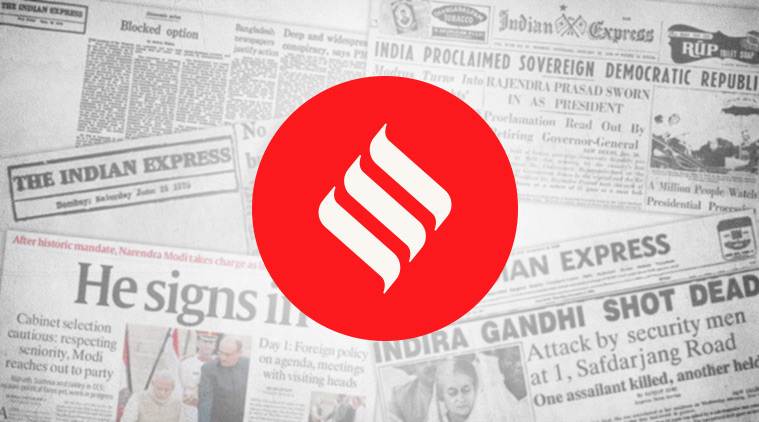
The Election Commission has pulled up Doordarshan for giving twice as much airtime to the ruling BJP as it has given to the most important opposition party, the Congress. The portion of the CPM is much worse: It has been allocated only a tenth of the Congress’s airtime and a twentieth that of the BJP. The broadcaster has argued that that it is a reflection of ground realities — the BJP controls more governments and has more legislators across the country — but that cuts no ice. At this time, when voters are exercising their choice, candidates should be given equal opportunity, irrespective of their parties’ legislative strength. Otherwise, the national public broadcaster, funded by the taxpayer and autonomous under the Prasar Bharati Act, would be seen as a captive channel of the ruling party, as it was in Indira Gandhi’s time.
In the US, an equal time rule for political candidates was spelled out in the Radio Act of 1927 and the Communications Act of 1934, on account of the fear that in its absence, television networks would be able to sway elections simply by blanking out one side. The Federal Communications Commission (FCC) also imposed a fairness doctrine from 1949 to 2011, which did not apply to candidates but to issues, and ensured that all sides of a debate were equitably represented on air. However, this was withdrawn as an impractical principle, since one side of a debate is sometimes patently absurd. In 2014, the BBC Trust in the UK pulled up its journalists for skewing coverage of science issues by, for instance, giving climate change deniers equal representation in debates. But in political matters, it has supported equal opportunity. In 2003, BBC staff were required to reflect “significant opposition to the conflict” (in short, protesters) in coverage of the invasion of Iraq, and “allow the arguments to be heard and tested”.
Doordarshan is publicly funded and is insulated from government interference by law. If the apportioning of its airtime is seen to favour the ruling party, it is failing in its duty as a public broadcaster. Prasar Bharati CEO Shashi Shekhar Vempati has spoken of the pressures of competing with commercial channels. The argument is irrelevant, since the primary responsibility of a public broadcaster is not to compete for eyeballs, but to present news and opinions in a balanced manner so that intelligent viewers can make up their own minds.